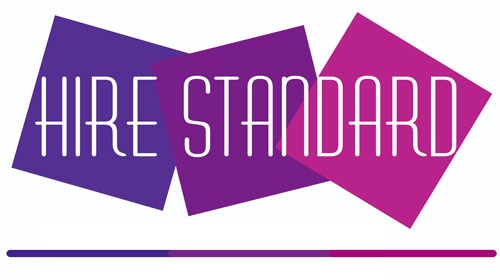 The Patient Protection and Affordable Care Act (ACA) was signed into law on March 23, 2010. The Act ensures that all Americans are able to access health care and carries benefits for employers and employees. The Obama administration recently announced that companies employing between 50 and 100 staff have one more year to comply with the Affordable Care Act’s employer mandate, that is, until 2016. However, many temporary workers and the employers who rely on contingent staffing are uncertain of the implications of the ACA.
The Patient Protection and Affordable Care Act (ACA) was signed into law on March 23, 2010. The Act ensures that all Americans are able to access health care and carries benefits for employers and employees. The Obama administration recently announced that companies employing between 50 and 100 staff have one more year to comply with the Affordable Care Act’s employer mandate, that is, until 2016. However, many temporary workers and the employers who rely on contingent staffing are uncertain of the implications of the ACA.
The recession has caused an increasing trend with respect to the hiring of temporary workers. How the ACA affects these workers is complex, but of crucial importance is that employers carefully track the hours that contingent staff work.
- The careful tracking of employee hours is required for two reasons. It determines whether an employer is required to provide coverage to a worker, and it determines which workers must be offered coverage.
- If a temporary worker is employed for more than 30 hours a week, on average, for a certain period determined by the employer, the employer must provide health care or be subject to a penalty. It is the employer’s responsibility to record the hours so that the government can confirm that the employee qualifies for government-sponsored health coverage.
If the employer fails to provide documentation for the hours worked, the company may be audited and be required to provide coverage and pay penalties. Detailed rules exist concerning part-time, variable, and seasonal employees with respect to their time to determine whether they get coverage. Detailed information concerning employer requirements with respect to contingent workers can be found at the website of JD Supra.
Talk to a Hire Standard Staffing professional for more hiring advice or to learn of our contingent and permanent staffing services. Hiring more contingent or temporary staff may be a cost effective strategy and may help you avoid crossing the employer responsibility threshold.
